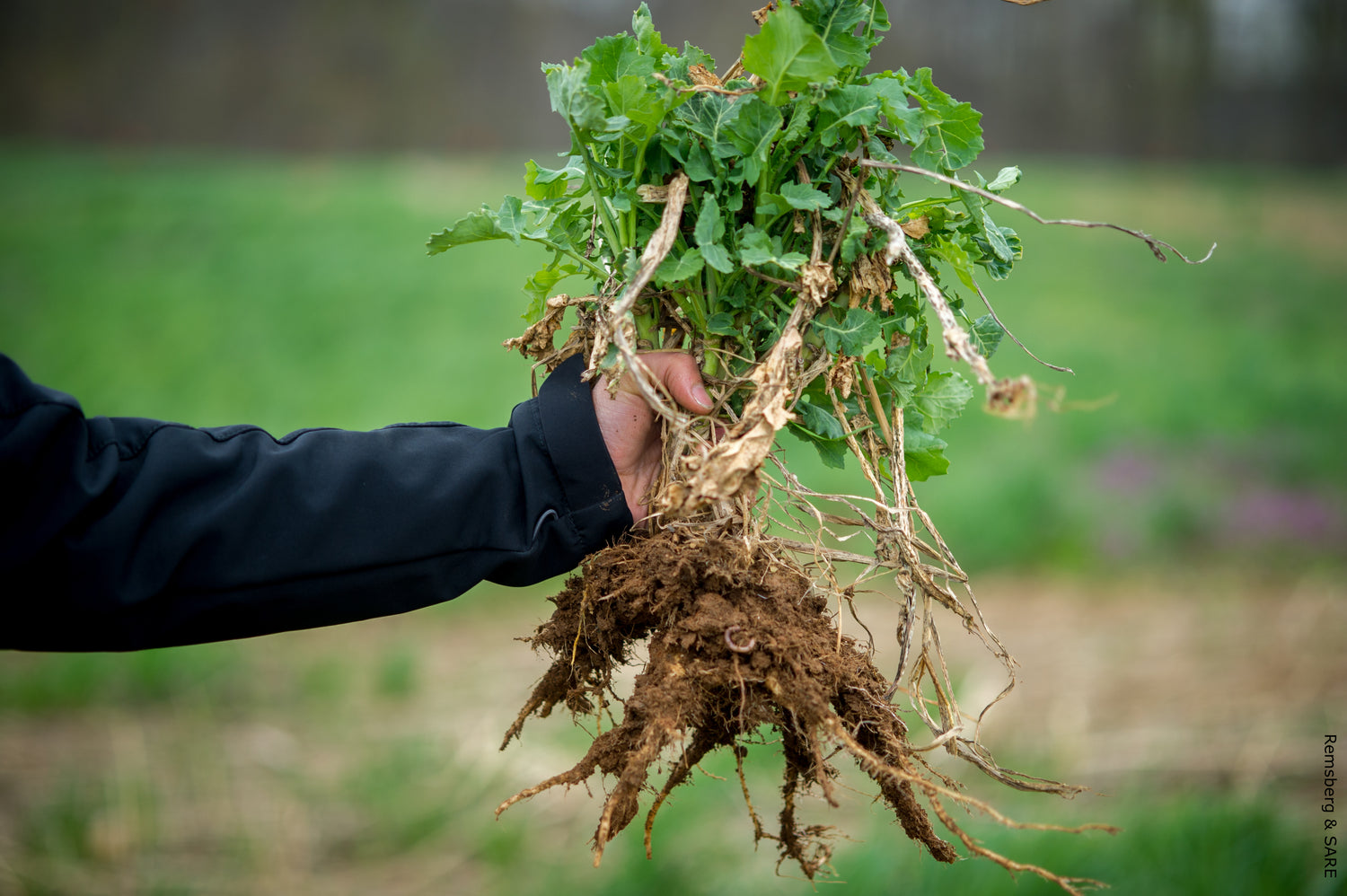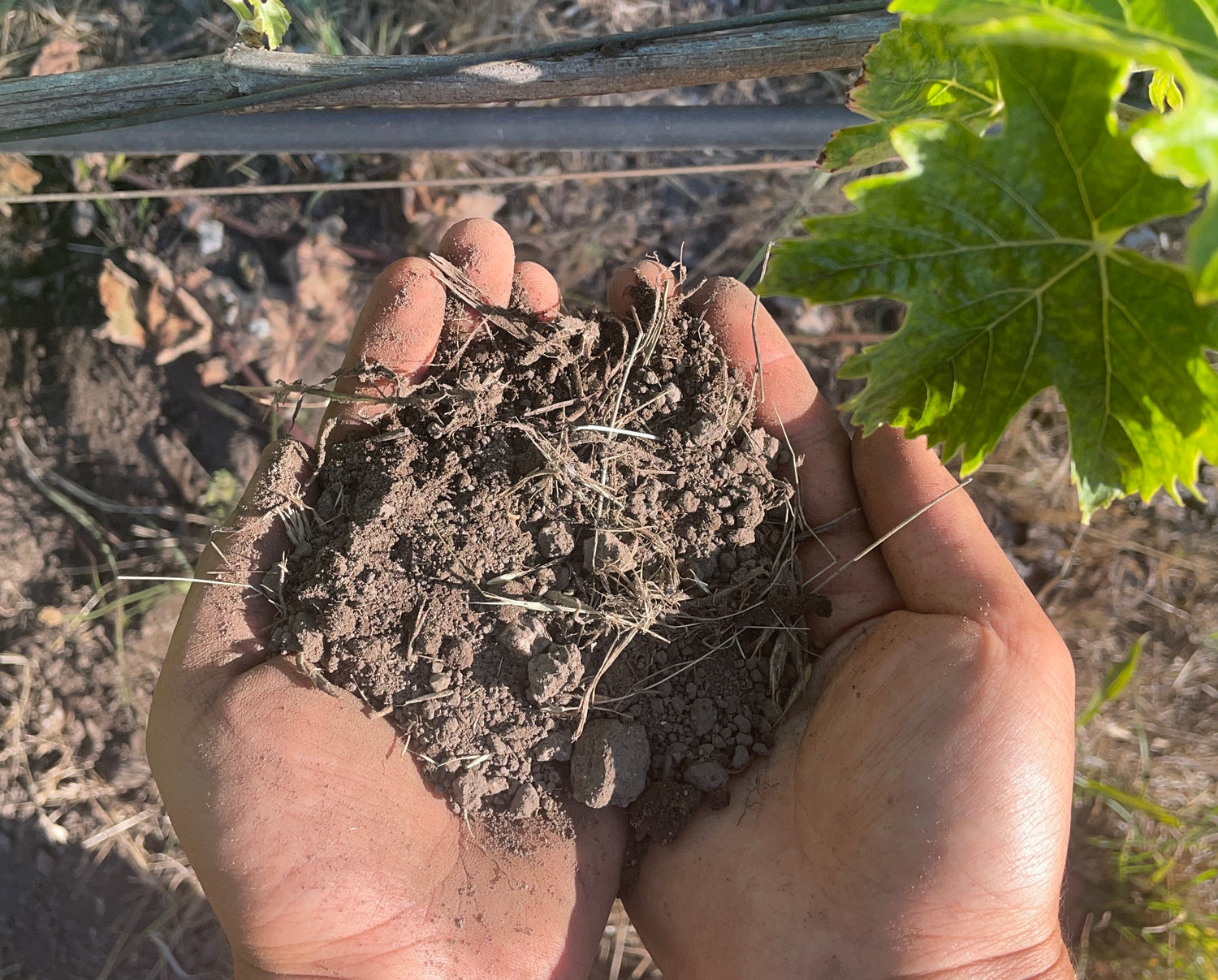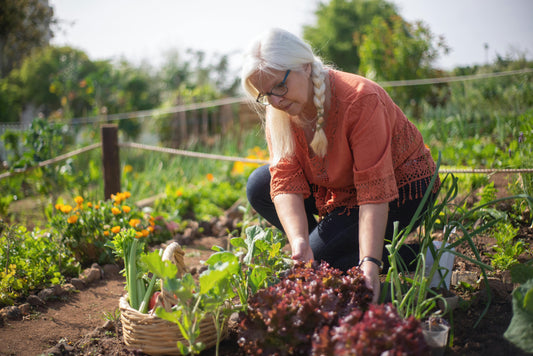Monterey County, nestled along the rugged coastline of California, is renowned for its breathtaking landscapes and agricultural abundance. From the fertile valleys to the sun-drenched hillsides, the county boasts a diverse tapestry of soils that serve as the foundation for its vibrant agricultural industry. In this comprehensive exploration, we delve into the intricate relationship between Monterey County's soils and the cultivation of four key crops: citrus, grapes, almonds, and carrots.
A Patchwork of Soils: Monterey County's Geological Legacy
Monterey County's soils are a testament to the geological forces that have shaped the region over millions of years. From the ancient seabeds of the Salinas Valley to the volcanic slopes of the Santa Lucia Range, the county's diverse landscapes bear the imprint of geological processes both ancient and ongoing.
The county's soil diversity can be attributed to its complex geological history, which includes the deposition of marine sediments, volcanic activity, and tectonic movements. Over time, these forces have given rise to a wide range of soil types, each with its unique characteristics and agricultural potential.
The Mediterranean climate of Monterey County further influences soil development and agricultural practices. Marked by mild, wet winters and warm, dry summers, the region's climate plays a crucial role in shaping soil moisture levels, nutrient availability, and crop growth patterns, contributing to the county's agricultural dynamism.
Human activities, including irrigation practices, land management techniques, and the application of fertilizers and soil amendments, also leave their mark on Monterey County's soils. Sustainable farming practices aim to preserve soil health and fertility while maximizing crop productivity and environmental stewardship.
Citrus: Thriving in the Golden Sunlight
Citrus fruits, including oranges, lemons, and mandarins, thrive in Monterey County's Mediterranean climate, which provides ample sunshine and mild temperatures year-round. The county's soils, with their diverse compositions and characteristics, play a crucial role in supporting healthy citrus orchards and producing high-quality fruit.
When it comes to citrus cultivation, soil preferences vary depending on the specific needs of different citrus varieties. In Monterey County, citrus growers seek out well-drained soils with good water-holding capacity, balanced fertility levels, and optimal pH ranges for citrus tree health and fruit production.
Loamy soils, such as Hanford sandy loam and Chualar loam, are favored for citrus cultivation due to their excellent drainage properties and ability to retain moisture and nutrients. Soil amendments, such as gypsum or organic matter, may be applied to improve soil structure and fertility, ensuring optimal growing conditions for citrus trees.
Site selection is also crucial for successful citrus production in Monterey County. Citrus orchards are typically established on flat to gently sloping terrain with good air circulation and protection from frost, factors that contribute to tree health and fruit quality.
Grapes: Crafting Terroir in the Vineyards
Grapes are a hallmark of Monterey County's agricultural landscape, with vineyards dotting the hillsides and valleys of the region. The county's diverse soils, coupled with its maritime influence and cool climate, provide an ideal environment for growing premium wine grapes prized for their flavor and complexity.
When it comes to grape cultivation, soil preferences vary depending on the grape variety and desired wine style. In Monterey County, a range of soil types—from gravelly loam to sandy clay loam—can be found in vineyard sites across the region, each imparting its distinct influence on grapevine growth and fruit quality.
Well-drained soils are essential for grape cultivation, as they prevent waterlogging and promote deep root penetration, which is crucial for accessing water and nutrients. Sandy loam soils, such as Lethent and Arroyo Seco series, are favored for their excellent drainage properties and suitability for grapevine root development.
The concept of terroir, encompassing the unique interaction between soil, climate, and topography, underscores the distinctiveness of Monterey County's wines. From the fog-kissed slopes of the Santa Lucia Highlands to the sun-drenched vineyards of the Salinas Valley, each vineyard site contributes its signature character to the wines crafted from Monterey County grapes.
Almonds: Rooted in Nutrient-Rich Soils
Almonds represent another cornerstone of Monterey County's agricultural landscape, with the county ranking as one of the top almond-producing regions in the state. The cultivation of almonds relies on fertile soils, adequate water supplies, and favorable climatic conditions to ensure optimal tree growth and nut production.
In Monterey County, almond orchards are typically planted in deep, well-drained soils with good aeration and sufficient organic matter content. Sandy loam and loamy sand soils are favored for almond cultivation, as they promote root development and allow for efficient water infiltration and nutrient uptake.
Soil fertility management is crucial for almond crops, as these trees have high nutrient requirements, particularly for nitrogen, phosphorus, and potassium. Soil testing and nutrient analysis guide growers in implementing tailored fertilizer applications to meet the nutritional needs of almond trees throughout the growing season.
Proper irrigation management is also essential for almond orchards in Monterey County, particularly given the region's Mediterranean climate and periodic drought conditions. Drip irrigation systems are commonly employed to deliver water directly to the tree roots, minimizing water waste and promoting efficient water use.
Carrots: Thriving in Deep, Well-Drained Soils
Carrots are a staple crop in Monterey County, where the fertile soils and temperate climate provide an ideal environment for their cultivation. The county's diverse soils, ranging from sandy loam to clay loam, offer a suitable substrate for carrot production, supporting healthy plant growth and high yields.
When it comes to growing carrots, soil preferences center around soil texture, drainage, and nutrient availability. Well-drained soils with good water infiltration rates are essential for carrot cultivation, as excessive moisture can lead to rot and other soilborne diseases.
Sandy loam soils, such as Greenfield sandy loam and Chualar loam, are favored for carrot production due to their loose, friable texture and ability to support healthy root development. Soil amendments, such as compost or organic matter, may be incorporated into the soil to improve fertility and soil structure, creating optimal growing conditions for carrots.
Site selection is also important for successful carrot production in Monterey County. Carrot fields are typically established on flat to gently sloping terrain with good air circulation and adequate sunlight, factors that contribute to plant health and root quality.
Conclusion
In the dynamic tapestry of Monterey County's soils, each field tells a story of resilience, adaptation, and stewardship—a testament to the enduring bond between humanity and the earth from which all life springs forth. From the citrus groves bathed in golden sunlight to the vineyards crafting terroir-driven wines, the almond orchards rooted in nutrient-rich soils, and the carrot fields yielding bountiful harvests, the soils of Monterey County serve as the nurturing ground for agricultural abundance and prosperity.
By understanding the complex interplay between soil characteristics and crop preferences, growers in Monterey County can harness the inherent potential of their land to cultivate crops of exceptional quality and flavor while promoting soil health and environmental sustainability. As stewards of the soil, they embrace sustainable practices that preserve soil fertility and ensure the continued vitality of the agricultural landscape for generations to come.












